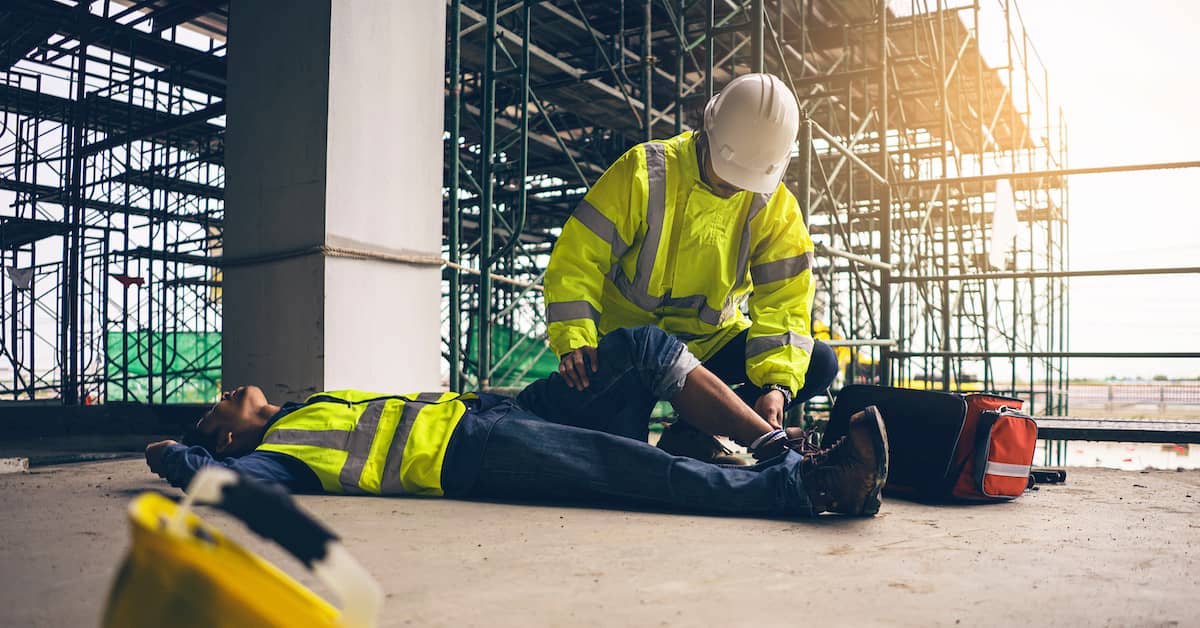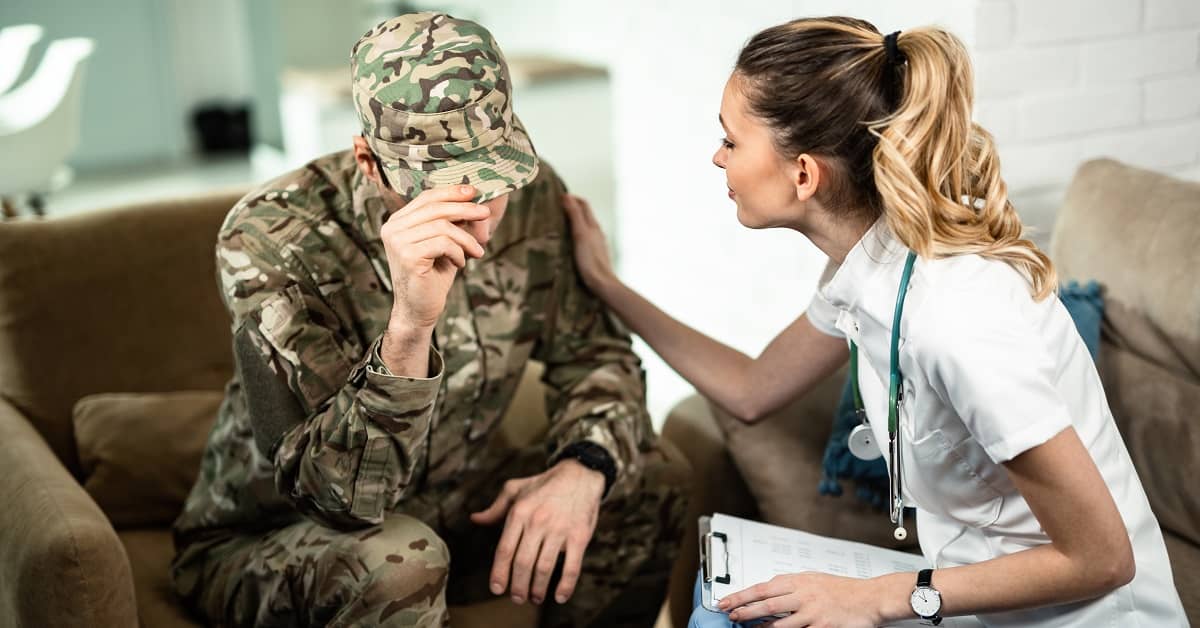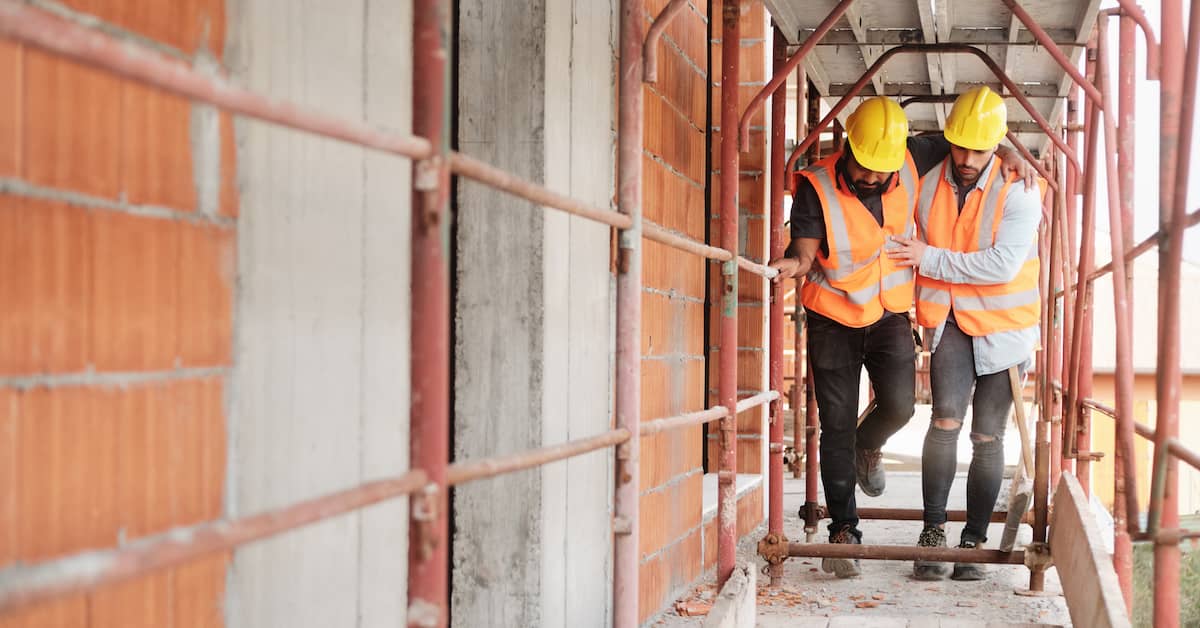Who Can Be Held Liable for Construction Accident Injuries?
Being injured on the job can quickly make you feel at the mercy of the system. While you may believe that you are qualified for workers’ compensation benefits, receiving what you deserve might not be as easy as you think. After all, workers’ compensation is a type of insurance, and insurance companies are extremely good at pinching their pennies – often at the expense of injury victims.
However, if you were injured on the job at a construction site, you have options. Beyond pursuing workers’ compensation benefits, you may also be able to pursue a personal injury claim. Fighting for compensation can be a complex process, calling for a full investigation, evidence gathering, negotiation, and much more.
If you are trying to understand your options – including how to pay for your medical bills and cover your lost wages – it’s best to speak with an experienced construction accident attorney. To review your situation with the attorneys at Colling Gilbert Wright, get in touch today for a free case evaluation.
What Factors Are Used to Determine Construction Accident Liability?
One of the first things to determine in a personal injury case is liability. That is, who was responsible for the accident? This can be a complicated question, but the answer will determine how you should move forward with your claim.
Determining liability comes down to proving whose negligence caused the accident. The answer to this question may not be obvious, in part because proving negligence starts with understanding what responsibilities various parties have for the safety of construction workers. As such, the most important part of proving negligence and determining liability is understanding how the accident happened.
This is where a good investigation and evidence gathering come into play. Are there photographs or video footage of the accident scene? Were there witnesses? Is there an extreme pattern of injuries at a particular job site, or with a particular piece of equipment?
As construction accident attorneys, these are the types of questions we will ask to gain an understanding of how the accident took place, which will then give us a better sense of who was responsible.
Common Liable Parties in Construction Accidents
Once your attorney has a clear understanding of what happened, he or she can identify the party (or parties) who may be held liable for your injuries. Some examples of potentially liable parties are listed below.
Construction Company
Construction companies have a responsibility to ensure the safety of their work areas, and they must properly train their employees on how to safely perform their duties. If, for example, a company knew that surfaces within the construction site were unstable but did nothing to remedy the situation or warn workers, the company could be held responsible for accidents that occurred as a result of the unsafe condition.
Site Foreman or Supervisor
Similarly, site foremen and supervisors have a duty to their workers. They must ensure that employees understand what hazards exist and how to safely manage them. If a site foreman or supervisor doesn’t properly address a dangerous condition, or if a worker is asked to do something that is unsafe, the supervisor or foreman could be held liable.
Manufacturer of Equipment or Tools
Construction workers rely on a variety of equipment and tools to perform their job duties. While this is a necessary part of the job, equipment is often dangerous and – in the worst cases – breaks or malfunctions. Unfortunately, this can lead to serious injury, and it could mean the manufacturer of that piece of equipment may be held liable for the accident.
Sub-Contractor or Other Person
Construction workers and others on construction sites also have a responsibility to each other. If someone acts in a careless way and puts the safety of others at risk, their actions could be considered negligent if they cause an accident.
What Is Third-Party Liability in Construction Accidents?
When your employer, supervisor, or coworker causes an accident that leads to an injury, your damages may be covered by workers’ compensation. However, in some cases, the negligent party is not a part of your company, but a third-party. Manufacturers, for example, are third parties, as are visitors to your worksite.
While you may still be able to recover workers’ compensation benefits if one of these parties caused your accident, you might also be able to pursue what’s known as a third-party liability claim.
This is good news for many injured workers since workers’ compensation benefits have limits and may not fully cover your damages. However, navigating the legal complexities of third-party claims is best handled by a knowledgeable construction accident lawyer.
How a Construction Accident Lawyer Can Help You
Construction accident cases are full of legal complexities, involving workers’ compensation laws, premises liability laws, and more. As such, it can be difficult to understand your rights, determine liability, and fight for the compensation you deserve.
An experienced construction accident attorney will be able to handle these complexities for you to ensure your rights are protected, allowing you to focus on getting back on your feet.
Additionally, if your case requires negotiating with insurance companies or going to trial, your attorney will be able to represent you, backed by their deep understanding of the legal system. For many construction accident victims, this brings much-needed peace of mind.
Call Our Orlando Construction Accident Lawyers Today
Don’t face your construction accident injury alone. The accomplished attorneys at Colling Gilbert Wright have the knowledge, skill, and resources necessary to handle these complex cases. We will help you every step of the way, providing clear answers to your questions and working tirelessly to pursue the maximum compensation you deserve for your physical, emotional, and financial losses.
See our verdicts and settlements.
If you would like to talk to an experienced construction accident attorney about your situation, call us today at (407) 712-7300 for a free consultation. We proudly serve clients in Orlando, Tampa, Miami, and other areas throughout Florida.

 (407) 712-7300
(407) 712-7300































